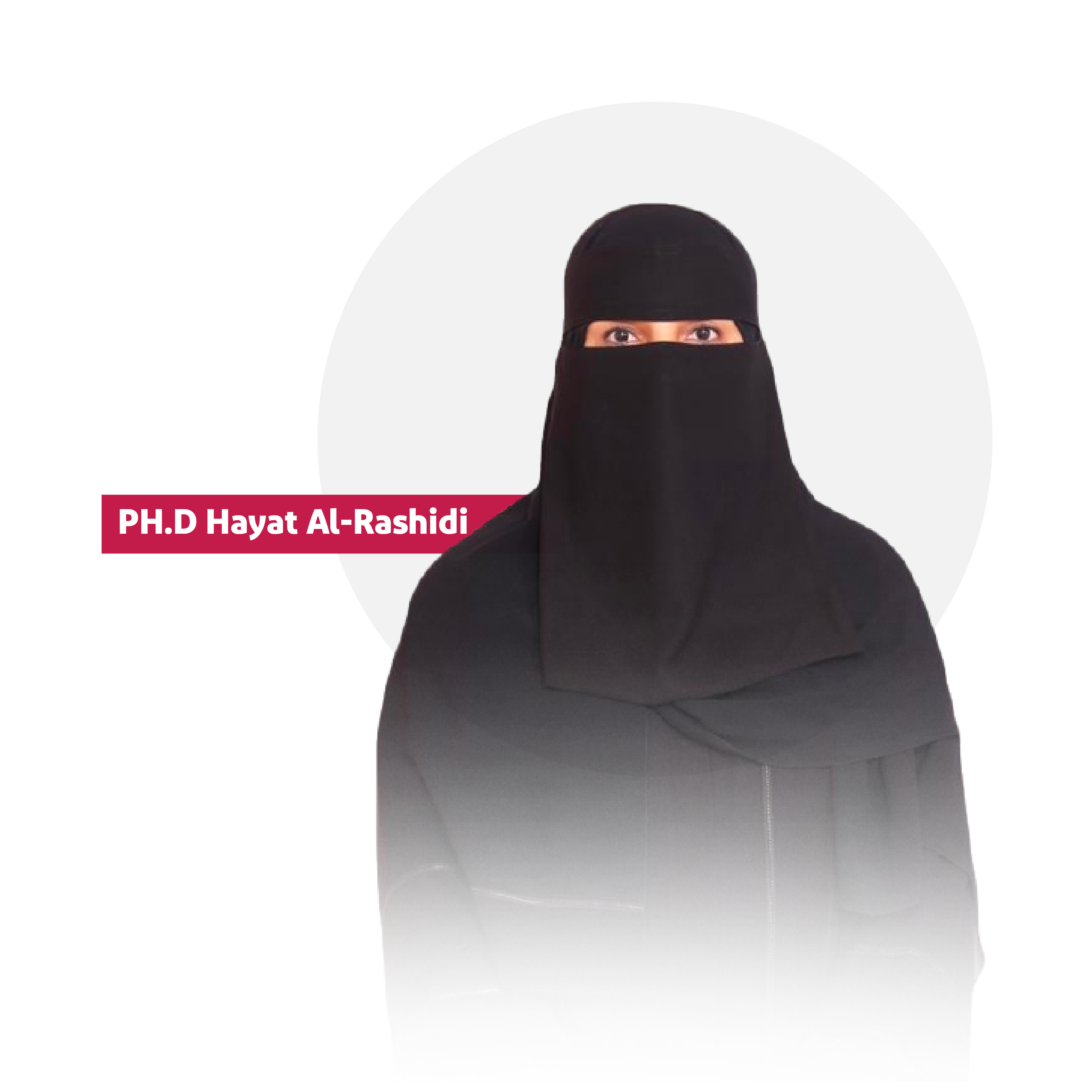
Baramkids’ Beginnings and End of their Work
“Barmak” is a title given to a hereditary position held by the “Mobez” in Nu Bahar, which are lands attached to a temple, inherited by the sons of the Barmakids, who are from the Persians. Those lands remained in their possession, as Yaqut al-Hamawi mentioned them in his dictionary when he wrote about the large and rich town of Raun, east of Balkh, as belonging to Yahya ibn Khalid al-Barmaki. Nu Bahar is a name of two words meaning the new temple, in a reference to a Buddhist temple, in which the worship of fire and idols mixes. Legendary accounts speak of them to glorify them, especially those that mention their establishment of temples for the Sassanian kings and that they are the descendants of their ministers. Among the accounts that bring them closer to the Arab race is that the wife of the “Mobez” was among the captives when the campaign of Qutayba ibn Muslim was launched in the year 86 AH and that she spent a night with Abdullah, brother of Qutayba, and got pregnant with Khalid ibn Barmak. Other narrations in the same context differ, attempting to prove the lineage. Al-Tabari, in his account, explained that the sons of Abdullah had invented that story not to honor the Persian house with Arab blood, as some of them said, but rather it was to bring the Arab house closer to the Barmakids, who were favored by the caliphs.
Among their actions at the time of the caliphs, their assuming positions and exaggerated control on their part, that Khalid was assigned to supervise the tax office and was called the minister. It is possible that the writers are the ones who called him a “Minister”. He was skilled in wars and after he got Tabaristan, its people engraved his image on their shields. He had a role in the planning of Baghdad and several roles are attributed thereto, including Mansoura. He appointed his son Yahya over Azerbaijan and it was noted that the matter of guardianship and isolation was in his hand despite the strength of the Abbasid state at the beginning of its inception!!
Sources did not mention the deeds of his son Yahya except for the establishment of Seyhan Canal in Basra and Al-Mahdi entrusted him with disciplining his son Al-Rashid, so he supervised the Office of Letters to the Crown Prince, as well as everything related to Armenia and Azerbaijan, which is another note to their expansion and continued control in those areas near Balkh and its vicinity. His son, Al-Fadl, succeeded him in this and increased control over Khurasan. Some deeds were also attributed to him that took place during his reign that show the extent of their power, though they might be exaggerated to glorify their history. As for Ja’far, his fame was abundant in stories, yet most of his praise was due to his good handwriting, knowledge of astronomy and the eloquence of his logic. He was famous for his love of fashion and it was known about him that he controlled Diwan Al-Taraz and that he was the first use neck strap because of the length of his neck. Al-Jahiz mentioned that in his book Al-Bayan wal Tabieen. They were extravagant in ruling the states of the state with deputies appointed thereby. With the advance of Al-Rashid era, the accumulations of their deeds had emerged and exceeded the limit of possibility, so he withdrew Muhammad ibn Khalid Al-Barmaki from chamberlainship and gave it to Al-Fadl ibn Al-Rabe.
The elimination of the Barmakids was restricted to those whose corruption was proven, although the sources that were written in their favor distorted that. Among the sources, al-Tabari wrote about a grandson of theirs, who is Imran ibn Musa, who emerged in public affairs as the defender of Al-Madai’n, capital of the Sasanian dynasty, in front of the Al-Ma’mun army in the year 196 AH. It was mentioned that he was in-charge of the province of Sindh, in an indication that the Abbasids dealt with events according to their course, and not abuse for the sake of abuse. This is confirmed by the emergence of personalities with different roles in the history of the state, including Abu al-Qasim Abbas ibn Muhammad al-Barmaki, who was one of the last ministers of the Samanid state, as well as Hasan al-Baramki al-Danishmandi, several times between the court of the caliphate and the Ghaznavid state. We can conclude with Muhammad ibn Jahm al-Barmaki, the translator who translated the book “Khudai Namah”, who is mentioned in the sources as the predictor of the events of the year 163 AH.
Barmakids’ supporters did not deny that their wealth reached the state’s finances, as a price for overlooking their deeds in the states and regions.
Among the poetic verses written about the Baramkids as mentioned in sources by Al-Jahiz, Al-Asma’i and others:
If polytheism is mentioned in a gathering, Barmakids’ faces would lighten up
And if a verse is recited to them, they would talk about Marouk
They also said:
Idleness prompted me to build mosques
Though my opinion thereof is that of Yahya ibn Khalid
Reasons are multiple and overlapping in their history, where sources mentioned that whoever among them was not bias towards the Persians, praised them in an extravagant manner. This class was created by the Barmakids to be their advocate and overrule their deeds through their beliefs and preserving them, in addition to the policies they used to carry out their actions.

